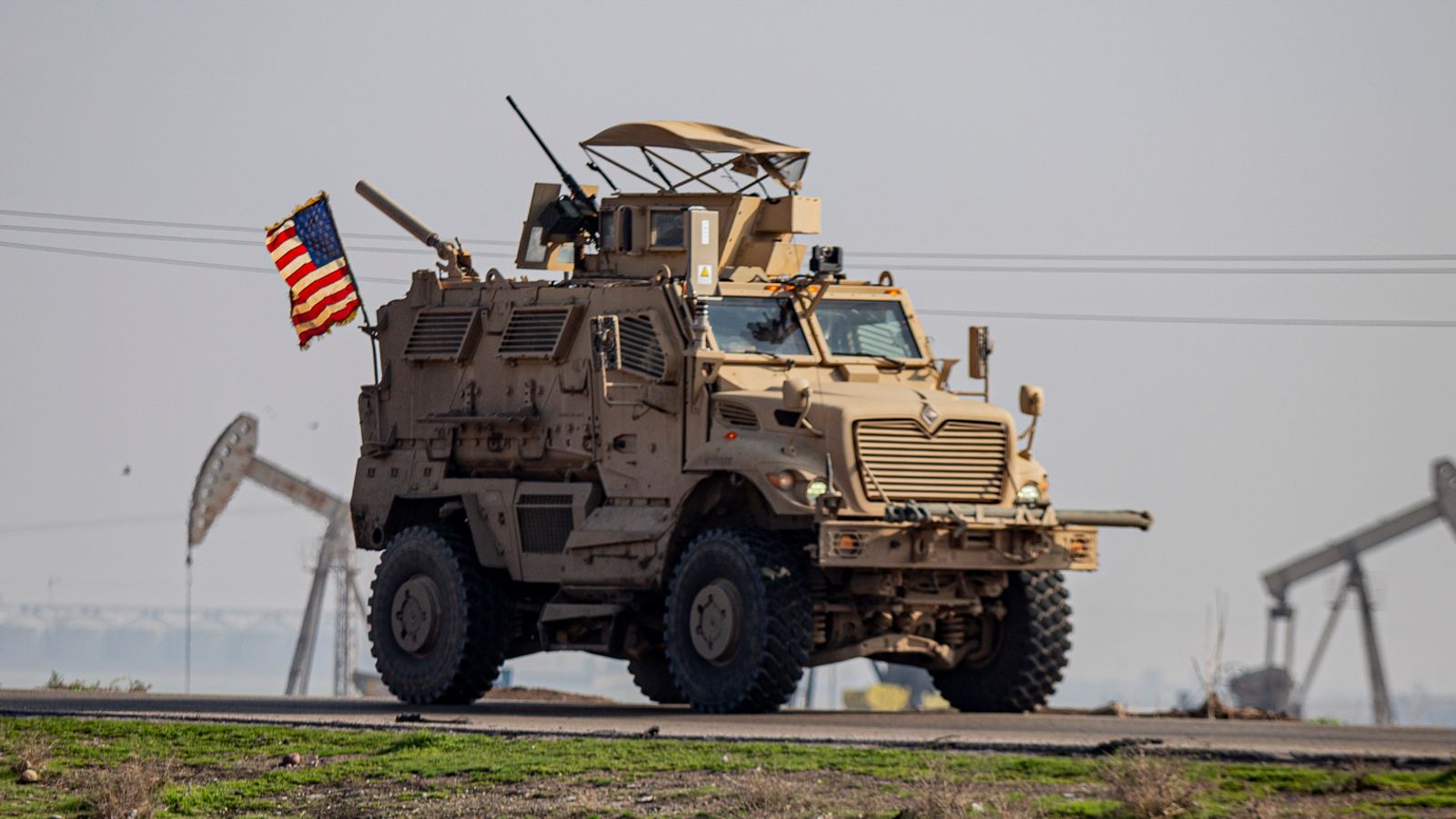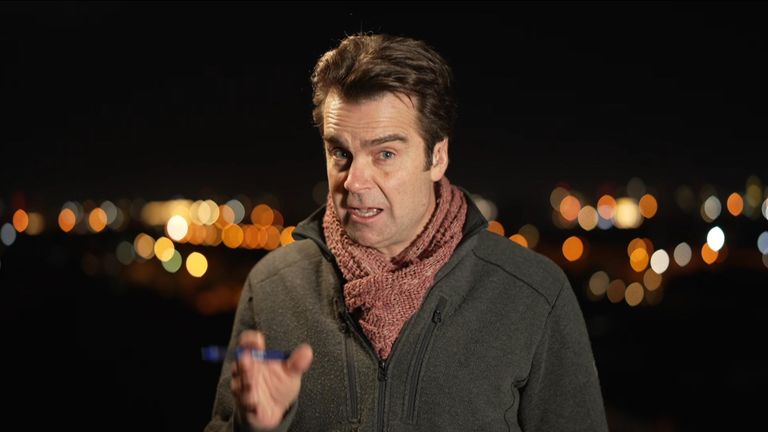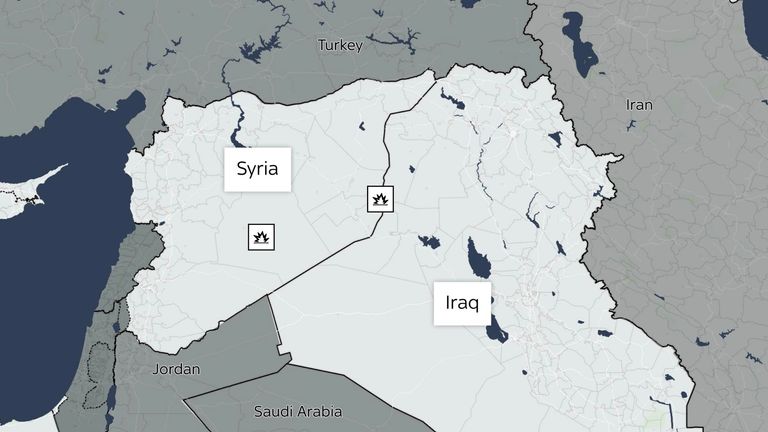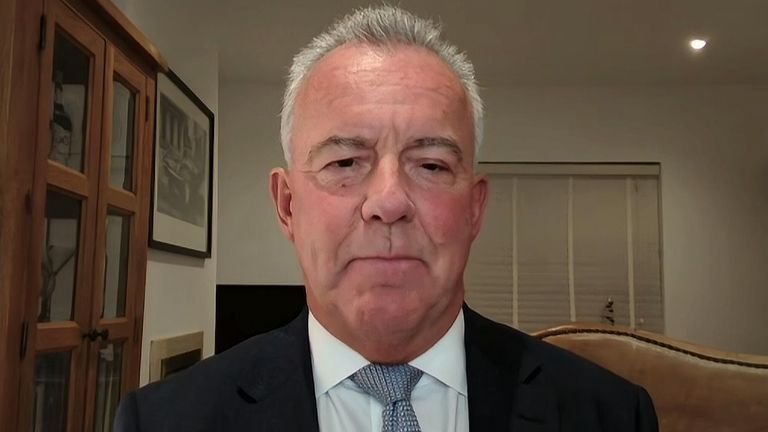The US has hit 85 targets in Iraq and Syria with airstrikes in a retaliatory attack after three American soldiers were killed at a base in Jordan.
More than 125 “precision munitions” were fired from long-range bombers flown from the US at three facilities in Iraq and four in Syria.
Middle East latest: US begins wave of airstrikes in Iraq and Syria
US Central Command said the strikes targeted Iran’s Islamic Revolutionary Guards Corps (IRGC) Quds Force and affiliated militia groups.
Here is what our experts have said about the US strikes:
Security analyst Michael Clarke
“What the Americans are trying to do is to offer a big enough series of targets, 85-plus targets, and they’ll do more of it. They’ve said that.
“This will be a multi-layered operation that will be sustained. It will go on.
“A lot of aircraft have come from the United States, some B52s, and some B1Bs.
“The B52s are considerably older than the pilots who fly them but they still work pretty well and they’ll have launched quite a lot of missiles from the ships.
“Tomahawk missiles, the F22, the Super Hornets from the [USS] Eisenhower will have been involved.
“I think they’ll have had everything up tonight, probably, in order to show that they can do this.
Read more:
Three US servicemen killed in Jordan
Iran threatens decisive response if attacked
“They’ve not gone for personnel, they’ve deliberately given them warning, so that they know they’ll have dispersed and taken whatever equipment with them they can, but they’ve gone for the rest and the fixed sites.
“The message is this is the first instalment and there will be more.
“The idea is, whether it will work or not, we don’t know, that Tehran has got to think again.”
Military analyst Sean Bell
“It is no great surprise that this strike has happened. What is a surprise is that it’s taken so long for it to be enacted.
“I think part of what we’re seeing here is the very, very calculated, measured response.
“America knows that it’s on the horns of a dilemma. It was obliged to take action, following the death of those three servicemen and 40 injured in the northern part of Jordan.
“But the US doesn’t want to make a bad situation worse.
“Targeting equipment rather than populated areas sends a very clear message.
“If you want to take out [military] capability, it’s equipment and people. If you want to send a signal, you focus on equipment.
“The very fact they’ve been targeting out of populated areas, that they’ve been focused on particular military equipment, I think sends a very clear message without actually seeking to escalate.”










